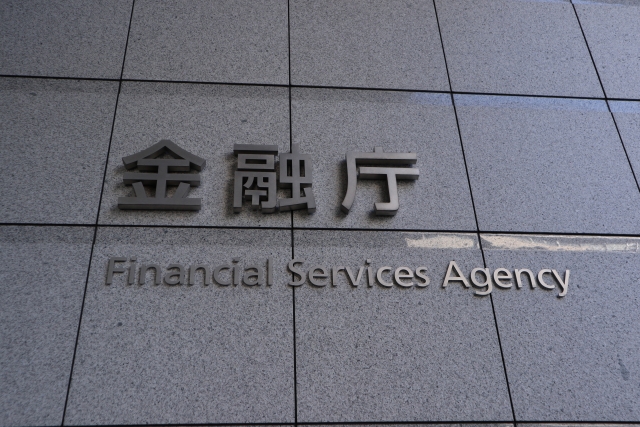Japan Unveils 2026 Tax Reform Plan with Major Crypto Implications
Tokyo shakes up digital asset landscape with forward-looking fiscal framework.
Breaking Down the Crypto Provisions
Japan's Financial Services Agency drops detailed roadmap for 2026 tax overhaul—direct hit on cryptocurrency treatment. No more guessing games for investors and exchanges. The reform package specifically targets how digital assets get classified, reported, and taxed.
Market Impact and Compliance Shifts
Expect clearer rules on capital gains, mining income, and exchange reporting requirements. The move signals Japan's push to legitimize crypto while ensuring Treasury gets its cut—because nothing motivates government action like potential revenue streams. Traditional finance brokers might finally stop pretending they don't understand blockchain.
Global Implications and Industry Response
Asia's financial hub sets precedent that could ripple across G20 nations. Local exchanges already prepping for compliance upgrades, while offshore platforms face tougher cross-border enforcement. Because when Japan moves on regulation, the market listens—even if traders will still find ways to minimize their tax exposure through 'creative' accounting.
FSA Proposes Revisions to Cryptocurrency Taxation
Individual crypto gains are subject to comprehensive taxation, which combines profits with salary income and potentially reaches a maximum tax rate of 55%.
The FSA and industry associations are advocating for the introduction of separate self-assessed taxation, or “declaration-based capital gains tax,” which WOULD apply a flat rate of approximately 20%, similar to equities. This change aims to create a fairer tax environment and encourage broader participation in digital asset trading.
Another key proposal is the introduction of loss carry-forward deductions for crypto trading. Current rules prevent investors from offsetting losses against future gains, reducing risk management options.
Industry groups are calling for a three-year carry-forward system analogous to stock market rules. This would reduce investment risk and potentially lower the entry barriers for retail participants.
The FSA plans to submit its request to the Ministry of Finance by the end of August and will engage in discussions with the ruling coalition through year-end. The government aims to pass related legislation during the 2026 regular Diet session.

NISA Expansion Could Indirectly Support Crypto Investment
In addition to crypto taxation, the reform request includes proposals to expand NISA eligibility to all generations, including minors and seniors. Although NISA does not currently cover cryptocurrencies, investors could use broader tax-advantaged schemes to support crypto trading indirectly.
NISA allows households to invest in stocks and funds with flexible buy-sell and liquidation options. Investors can secure cash for potential crypto trading through these investments.
The reforms enhance Japan’s retail investment ecosystem and reduce investors’ barriers to entry. As the world’s third-largest economy, Japan represents a substantial crypto adoption and investment market.

